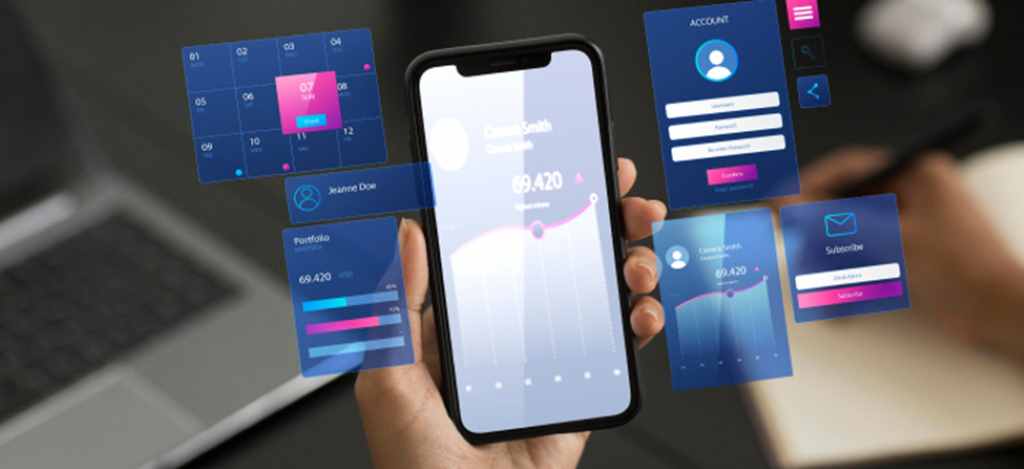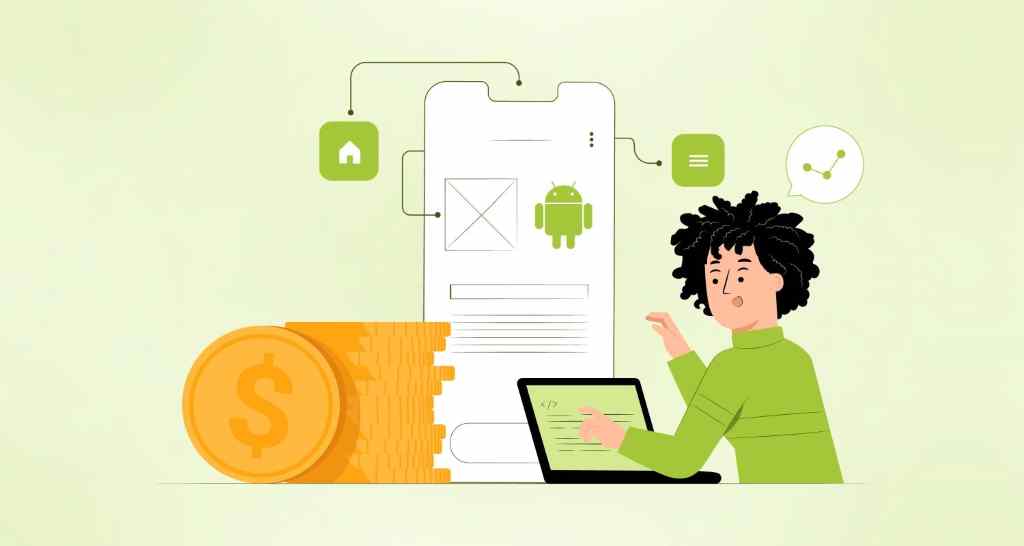The mobile app market is booming, and Android holds a significant share. Businesses and entrepreneurs are increasingly interested in creating Android apps, but one common question looms large: How much does Android app development cost in 2024?
The answer, unfortunately, isn’t simple. Android app development costs vary widely, influenced by multiple factors such as app complexity, features, design, development team, and location.
Factors Influencing Android App Development Costs

1. App Complexity:
The complexity of your app is the biggest cost determinant. Simple apps with basic features like calculators or clocks are the least expensive. Medium-complexity apps that involve user accounts, data storage, and API integrations cost more. Complex apps with advanced features like real-time updates, social media integration, and in-app purchases are the priciest.
2. Features and Functionality:
Every feature you add to your app increases the development cost. Features like push notifications, GPS tracking, payment gateways, and user authentication all require additional development time and expertise.
3. Design:
App design plays a crucial role in user engagement and satisfaction. Custom UI/UX design, intricate animations, and detailed graphics can significantly increase the cost.
4. Development Team:
The hourly rates of developers vary depending on their experience and location. Hiring a freelance developer may be cheaper than a full-fledged development agency, but it can involve risks related to project management and quality control.
5. Location:
Development costs also vary by region. Developers in North America and Western Europe typically charge higher rates than those in Eastern Europe or Asia.
Estimated Cost Ranges
While precise costs are hard to pin down, here’s a general estimate of Android app development costs in 2024:
- Simple Apps: $5,000 – $50,000
- Medium-Complexity Apps: $50,000 – $150,000
- Complex Apps: $150,000 – $500,000+
Additional Costs to Consider
Besides development, there are other costs involved in launching and maintaining an Android app:
- App Store Fees: Google Play charges a one-time $25 developer registration fee.
- Marketing and Promotion: Budget for marketing efforts to acquire users.
- Maintenance and Updates: Ongoing costs for bug fixes, updates, and new features.
Read also: Apps Similar to Google Voice: Streamlining Communication in a Digital World
Tips for Cost Optimization
- Start with an MVP (Minimum Viable Product): Launch a basic version of your app to test the market and gather feedback before investing in a full-fledged product.
- Prioritize Features: Focus on essential features for your initial launch and add more later based on user feedback and needs.
- Consider Cross-Platform Development: Tools like Flutter and React Native allow you to build apps for both Android and iOS with a single codebase, potentially saving time and cost.
- Research and Compare Development Teams: Get quotes from multiple developers or agencies and compare their experience, portfolio, and pricing.
- Outsource Wisely: If you choose to outsource, thoroughly research and vet potential partners to ensure quality and reliability.
The Future of Android App Development
As technology evolves, so does the Android app development landscape. Artificial intelligence (AI) and machine learning (ML) are increasingly integrated into apps, offering personalized experiences and smarter functionalities.
Additionally, the rise of 5G networks promises faster download speeds and smoother app performance, opening new possibilities for app developers.
Conclusion
Determining the exact android app development cost in 2024 involves a thorough analysis of various factors. However, with careful planning, feature prioritization, and smart decision-making, you can create a successful Android app within your budget.
Remember, the app development journey doesn’t end with launch. Continuous improvement, updates, and marketing efforts are vital for maintaining user engagement and staying ahead in the competitive app market.




